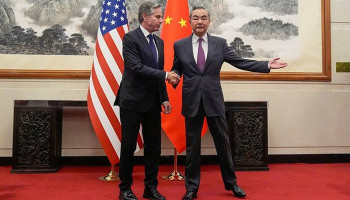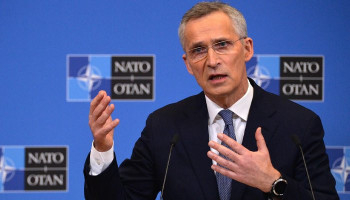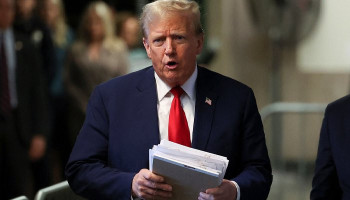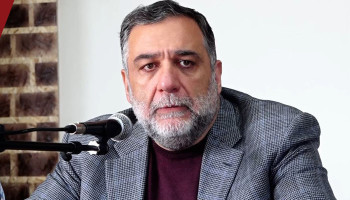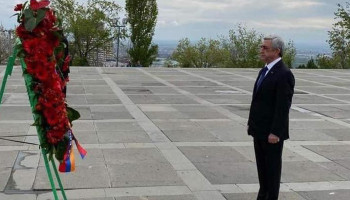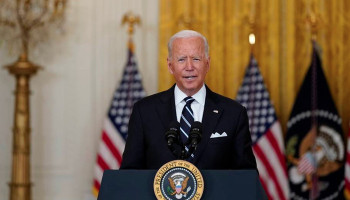OSCE/ODIHR: The campaign officially starts on 26 November and will finish at midnight on 7 December
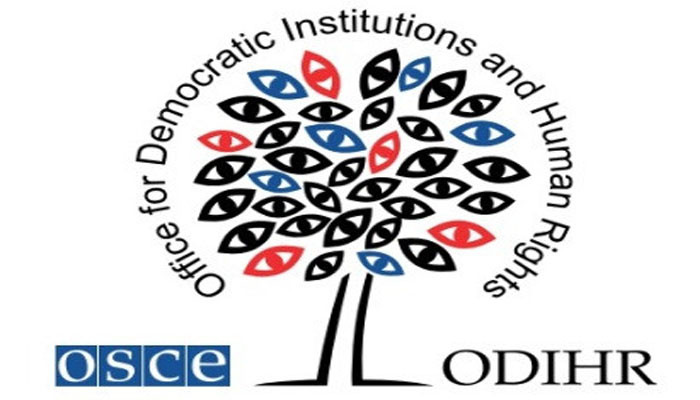 The campaign officially starts on 26 November and will finish at midnight on 7 December. Some contestants have indicated that, starting over the weekend of 23-24 November, their candidates will begin “journeys” or “walks” from towns in the regions that will culminate in Yerevan for the kick-off of their campaigns. Campaign billboards began appearing in Yerevan on 23 November. During the official campaign, contestants are provided with equal access to public resources, space for posters and billboards, and premises for meeting voters. The CEC posted in a timely manner the list of halls and other premises that are provided by local authorities to contestants free of charge, as well as information about available billboards provided by advertisers. The media are diverse and include 103 television channels (including 8 with nationwide coverage), 24 radio stations, some 40 print publications. In addition, there are more than 200 online news portals. The role of online media and social networks is growing rapidly. Facebook, in particular, has become a significant platform for political information and debate. Freedom of expression is guaranteed by the Constitution. Defamation was decriminalized in 2010, and a 2011 Constitutional Court decision encouraged the use of non-pecuniary measures, such as public apology and refutation. |











